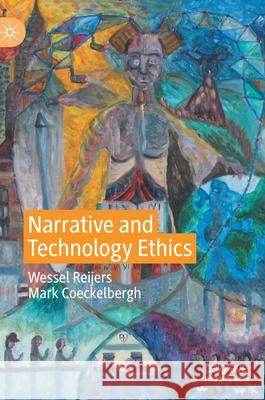Narrative and Technology Ethics » książka
topmenu
Narrative and Technology Ethics
ISBN-13: 9783030602710 / Angielski / Twarda / 2020 / 214 str.
Narrative and Technology Ethics
ISBN-13: 9783030602710 / Angielski / Twarda / 2020 / 214 str.
cena 483,04
(netto: 460,04 VAT: 5%)
Najniższa cena z 30 dni: 462,63
(netto: 460,04 VAT: 5%)
Najniższa cena z 30 dni: 462,63
Termin realizacji zamówienia:
ok. 16-18 dni roboczych.
ok. 16-18 dni roboczych.
Darmowa dostawa!
Kategorie BISAC:
Wydawca:
Palgrave MacMillan
Język:
Angielski
ISBN-13:
9783030602710
Rok wydania:
2020
Wydanie:
2020
Ilość stron:
214
Waga:
0.45 kg
Wymiary:
21.01 x 14.81 x 1.75
Oprawa:
Twarda
Wolumenów:
01
Dodatkowe informacje:
Wydanie ilustrowane











